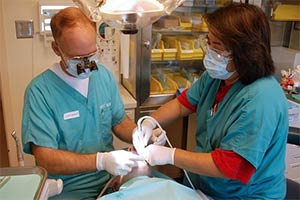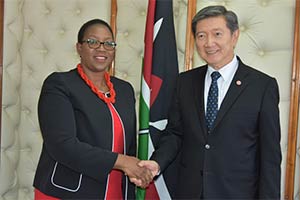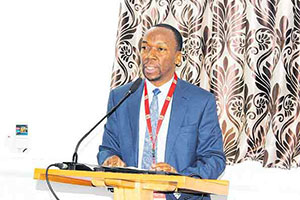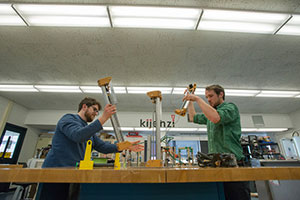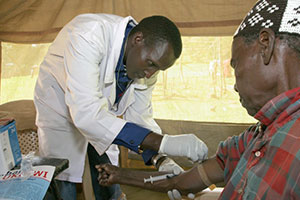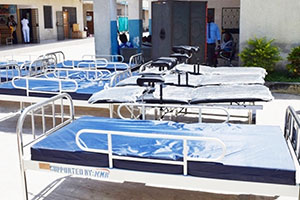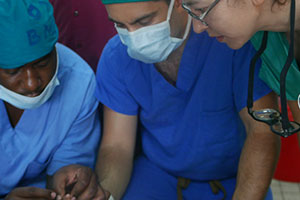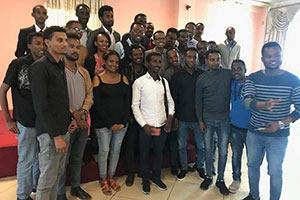The United Nations Children’s Fund recently praised Zanzibar’s roles in developing services to children including improving the health and education sectors.
Outgoing UNICEF country Director to Tanzania, Maniza Zaman, mentioned when she held talks with Zanzibar President, Ali Mohamed Shein.
She praised Shein and his government for the efforts to control Gender Based Violence and violation of children rights as well as fighting diseases such as malaria and cholera.
The UN official said the Zanzibar government has achieved different successes in taking care of children by making sure that they get their basic rights including health and education.
The outgoing UNICEF country chief said the agency will continue to provide support to the Zanzibar government in its every attempt they make which include reducing maternal deaths.
Zaman added that UNICEF will continue with its various programs in Zanzibar including empowering children economically and many others.
In his remarks, Zanzibar president said UNICEF has a big history in development issues with Zanzibar including improving the education and health sectors particularly to women and children.
Shein said Zanzibar will continue on working with various UN agencies including UNICEF by making sure that they receive their basic rights such as education and health.


